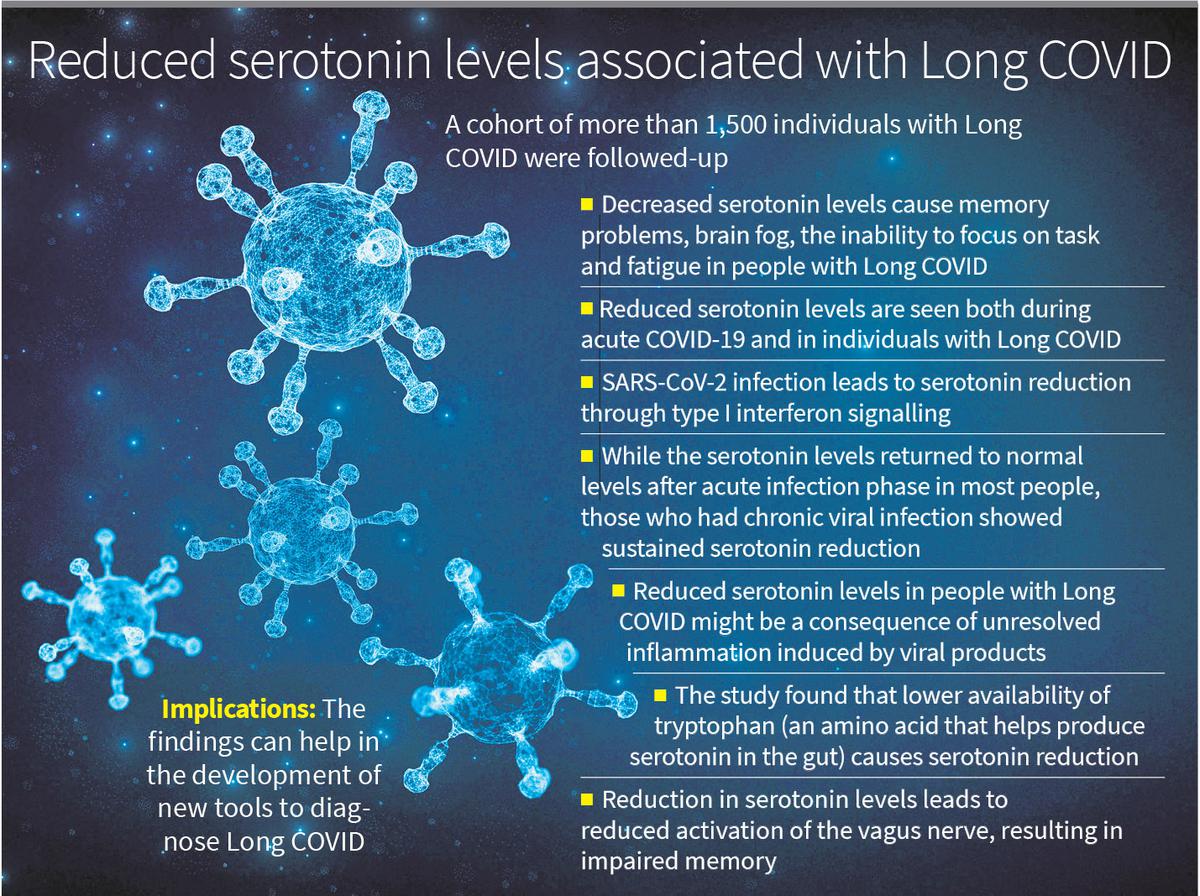Union Minister Ashwini Vaishnaw addressing the media on Cabinet Decision at National Media Center on Saturday.
| Photo Credit: Sushil Kumar Verma
The Union Cabinet on Saturday (August 24, 2024) cleared a proposal to bolster biotechnology-based manufacturing, called BioE3 (Biotechnology for Economy, Environment and Employment) Policy for Fostering High Performance Biomanufacturing. To be steered by the Department of Biotechnology, the aim is to have it catalyse a technology revolution “just as the IT industry revolutionised life in the 1990s”, an internal note viewed by The Hindu said.
A financial outlay wasn’t specified for the programme. High performance biomanufacturing is the ability to produce products from medicine to materials, address farming and food challenges, and promote manufacturing of bio-based products through integration of advanced biotechnological processes.
Also Read: Planning for a biosecure future
“To address the national priorities, the BioE3 Policy would broadly focus on the following strategic/thematic sectors: high value bio-based chemicals, biopolymers & enzymes; smart proteins & functional foods; precision biotherapeutics; climate resilient agriculture; carbon capture & its utilisation; marine and space research,” a press statement from the Ministry of Science and Technology (MoST) said.
The six thematic verticals of the policy are: bio-based chemicals and enzymes, functional foods and smart proteins, precision biotherapeutics, climate resilient agriculture, carbon capture and its utilisation, futuristic marine, and space research.
The Cabinet also merged three schemes of the Science Ministry into a single scheme, called Vigyan Dhara, which expects to spend ₹10,579 crore until ‘25-’26 on Science and Technology (S&T) Institutional and Human Capacity Building, Research and Development and, Innovation, Technology Development and Deployment, according to a note from the Ministry.
Internships would be arranged for students in the 11th and 12th grades and fellowships for research at the graduate and post-graduate level.
“The scheme endeavours to promote research in areas such as basic research with access to the international mega facilities, translational research in sustainable energy, water, etc. and collaborative research through international bilateral and multilateral cooperation. It will also contribute to building critical human resource pool to strengthen the science and technology landscape and expand the R&D base of the country towards improving the Full-Time Equivalent (FTE) researcher count. Focused interventions will be taken up to enhance the participation of women in the field of Science and Technology (S&T) with the ultimate goal of bringing gender parity in Science, Technology and Innovation (STI). The scheme would reinforce the efforts of the government towards promoting innovations at all levels, starting from school level to higher education, and for the industries and start-ups through targeted interventions. Significant support will be extended to increase collaboration between academia, Government, and also with industries,” the note said. Several of these initiatives form part of the core, historic mandate of the MoST.








